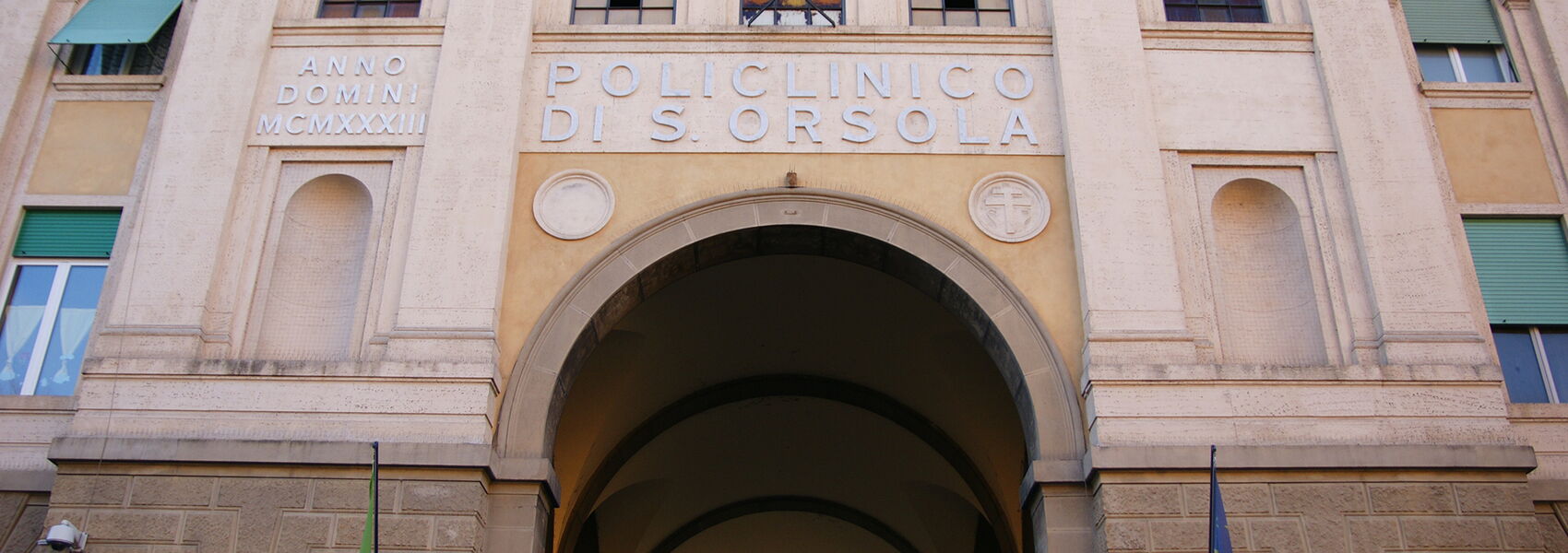Italian Ministry of Defense collaborates with the eeef’s Technical Assistance Facility to refurbish the Ducal Palace of Modena
The Italian Ministry of Defense (Ministero della Difesa) is the third public authority to benefit from eeef’s Technical Assistance Facility (TAF). The TAF will provide services for the building retrofit project at the historical Ducal Palace in Modena, Italy.
The Ducal Palace of Modena is one of the most important historical public buildings in Italy. The Palace was the residence of the Este Dukes of Modena for more than two centuries and is today owned by the Italian government. It stands on a site previously occupied by a castle built in the 13th century by Obizzo d'Este, Marquis of Ferrara. In 1598, Modena became the capital of the Este Duchy and there were requirements for a European court to be built. Duke Francesco I d'Este commissioned the building of the Ducal Palace in 1634 by the architect Bartolomeo Avanzini, with contributions by Gian Lorenzo Bernini, Francesco Borromini and Gaspare Vigarani. The architecture of the Palace reveals a unitary style, a solemn and elegant baroque and, for its size and splendor, is among the most prestigious palaces in Europe. The Ducal Palace was the seat of the Estense Court until the last Duke Francesco V of Austria-Este (1859) when it became the Military school of Central Italy.
The building is currently used by the Ministry of Defense and houses the headquarters of the Military Academy where military students are trained. Additionally, part of the Eastern Tower of the Palace houses the University of Modena and Reggio Emilia’s (UNIMORE) geophysical/meteorological observatory and the first floor is used as a museum where guided tours are offered by the Municipality of Modena.
The Italian Ministry of Defense’s Energy Task Force identified that an Energy Performance Contracting (EPC) model could provide a solution for energy refurbishment of the Military Academy. The Energy Task Force and UNIMORE completed a concept feasibility study which indicated a potential project volume of EUR 8.1m. This investment volume identifies it is necessary to invest circa. EUR 5m in upgrading space heating systems and circa. EUR 3.1m for building envelope upgrades.
eeef’s TAF will provide consultancy services to complete fully-fledged feasibility studies within the Palace to clearly identify the current infrastructure and propose appropriate improvement measures within a building of such historical value. From the concept study completed by the Energy Task Force and UNIMORE it is anticipated the upgrades will include new heating systems and building envelope energy conservation measures such as wall insulation. All of the recommendations will be in compliance with the architectural constraints required by law to protect the historical heritage of the Palace. The proposed measures will help to maintain one of the most historical buildings in Italy according to latest energy standards and offer the military students and staff access to a better learning environment.
eeef is welcoming other European public authorities to follow in the footsteps of the City of Gijón, the Province of Ferrara, and the most recent example of the Italian Ministry of Defense in launching comparable projects – the eeef Technical Assistance is available for further applications. Please visit: http://www.eeef.eu/eeef-ta-facility.html
The eeef Technical Assistance Facility (eeef TAF) has also received funding from the ELENA Facility under Horizon 2020 Programme of the European Union and is assisting public authorities to prepare feasibility studies, energy audits, evaluate the economic viability of investments and launch the tender process.
The Italian Ministry of Defense via its Energy Task Force arm is a reliable partner to carry out and manage this unique project. The Energy Task Force was born two years ago nevertheless its staff has a consolidated experience in the field of energy efficiency and public works.
The European Energy Efficiency Fund (eeef) S.A., SICAV-SIF is a “societé d’investissement à capital veriable” governed by Luxembourg law and was initiated by the European Commission in cooperation with the European Investment Bank. The initial capitalization provided by the European Commission was increased with contributions from the European Investment Bank, Cassa Depositi e Prestiti as well as the Investment Manager Deutsche Bank.

